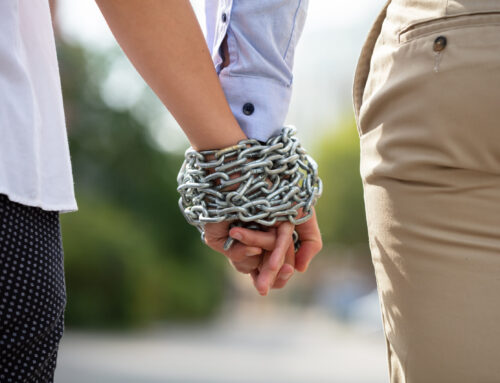
3 Things that Keep People out of Recovery
After a successful intervention, an individual will enter detox and treatment at their preferred choice of facility. Once a person who has struggled with addiction enters recovery, it is said that the true journey begins. Recovery is an active and ongoing process. However, just because someone experiences a relapse doesn’t mean that they have failed recovery. While the most important thing is to get back into recovery as soon as possible, it is best to avoid the things which might trigger a relapse in the first place. Here are 3 things that keep people out of recovery.
1 – Still Associating With People That Use
You may have known each other for 10 years, been friends since you were children, have met each other’s families, and are on the best of terms. If you are adamant about treating your substance use disorder and staying in recovery, it is imperative that you do the most difficult thing first—cut ties with those who you know continue to use. It is not unusual to meet many people and make friends with other people who use it. However, being surrounded by people who continue to do the thing you have undertaken to avoid is a recipe for disaster. Your will can only be tested so many times until you succumb during a weak moment.
This is a fact of the human mind, if you leave a candy bar on someone’s desk they may resist it for a day, a week, but eventually, there will come a time when they will eat the candy bar.
Distancing yourself from people who use can also have a positive effect on them. While it won’t work on everyone, if you simply explain that you are serious about recovery and are cutting ties, for this reason, you may give someone else the courage to follow in your footsteps too.
2 – Romantic Relationships
Codependency is an issue that keeps people out of recovery. However, when you add a substance use disorder into the mix, it can become a vicious cycle. Dating and relationships can already be an emotionally difficult venture filled with excitement and turmoil. For addicts, who also have comorbid conditions such as bipolar disorder, depression, or generalized anxiety disorder, may suffer devastating lows when relationships do not work out.
Sometimes romantic partners also are complicit in substance use and so both detaching from the partner and the substance is something that would be even more difficult.
3 – Feelings of Guilt or Shame
Perhaps the most common emotional impediment to keeping people out of recovery is the guilt or shame that one feels when they are in the grips of addiction. We are told often, especially in American culture, that willpower can overcome anything, that the individual triumphs all.
However, addiction is called a beast for a reason. The study of genetics and neuroscience in recent years has shown us that people who suffer from addictions often DO have different brains that make them particularly susceptible to addiction. For example, the brains of alcoholics quite often show an enhanced dopaminergic response to alcohol. This would mean that a person with this enhanced pleasure response is more susceptible to alcohol addiction.
Addiction Intervention Virginia
At Recovery Care Partner, we primarily specialize in interventions and intervention support that allows individuals to realize that they are suffering from addiction and that they are not alone. Before a person can begin their journey in recovery, they must confront the reality that their friends and family see but they do not: they are addicted.
If you or a loved one are in need of intervention services, transition coaching, or sober companionship, contact Recovery Care Partner today!
Table of Contents







